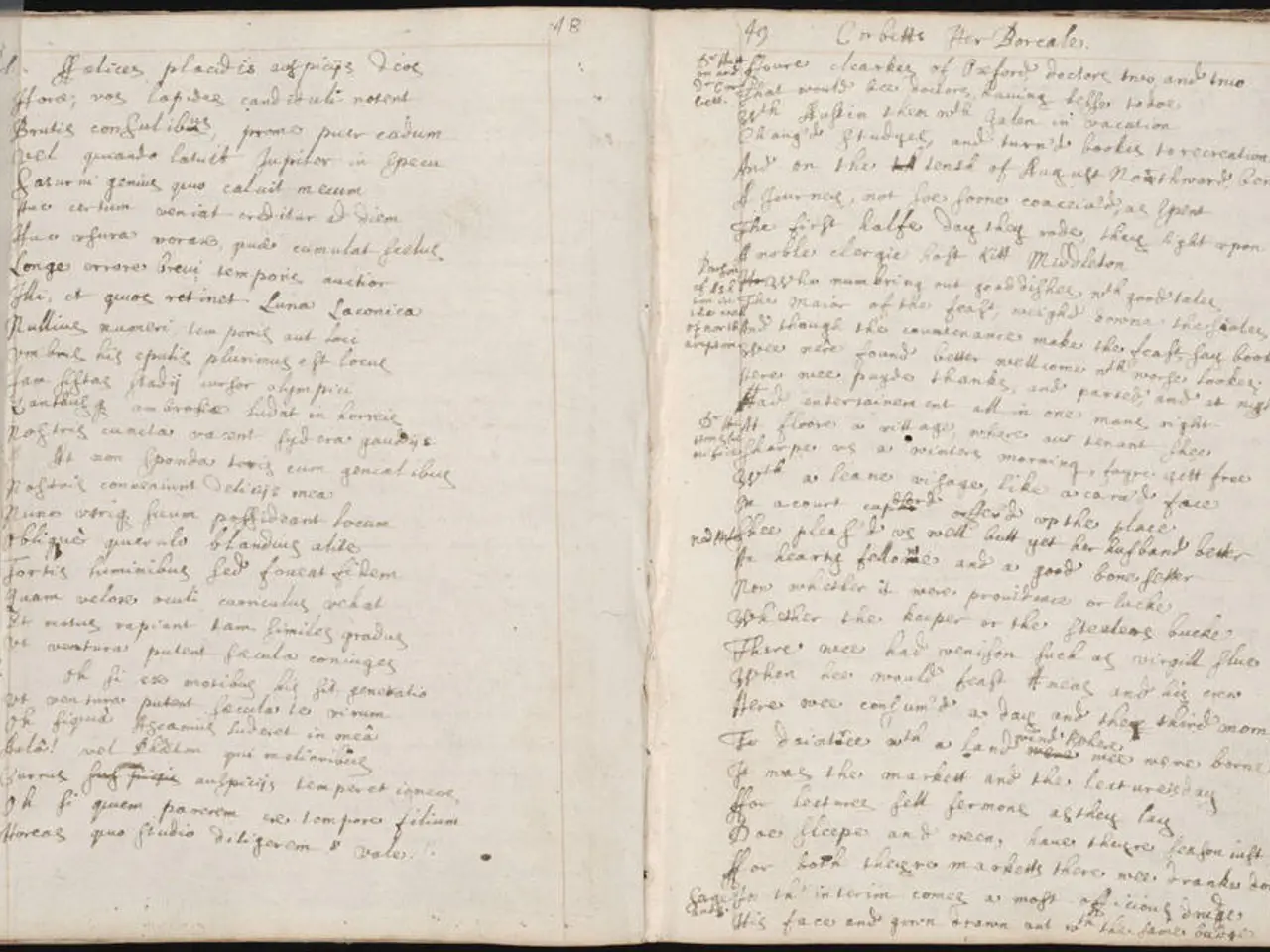PQ pursuing self-governance ambition
The Parti Québécois (PQ) has announced a new strategy aimed at clarifying its vision for an independent Quebec, promising a third referendum on independence by 2030 if they win the next provincial election.
PQ leader Paul St-Pierre Plamondon is positioning the party as a credible alternative to the current ruling Coalition Avenir Québec (CAQ) government, aiming to build a solid team capable of forming government by 2026.
The strategy centers on renewed momentum for Quebec independence, especially among young voters, where recent polls have shown support for separation rising to nearly 50% in the 18-34 age group. The surge reflects a perception among many younger Quebecers that an independent Quebec could better address the province’s political and social challenges.
The PQ's approach also includes holding a third referendum on separation by 2030 as a clear political goal, signaling a long-term plan to reclaim Quebec sovereignty. The party is promoting Quebec nationalism with emphasis on the identity of Quebec as a distinct country, appealing to cultural and political self-determination.
In response, the CAQ government, under Premier François Legault, remains firmly federalist but has pursued a somewhat nationalist agenda within Canada, focusing on economic development, increasing Quebec's industrial base, and supporting the military-industrial sector to boost the province's economic weight while maintaining constitutional unity.
The CAQ's position sees the PQ’s promise of a referendum as a "fear argument" used against them during elections, highlighting divisions over referendum fatigue among voters and the desire for stable governance rather than separatist uncertainty. Other parties, including the Quebec Conservatives, have opposed PQ plans, often questioning the timing and consequences of another referendum.
There is also broader political commentary emphasizing the need for a revolutionary unity between Québécois and other oppressed groups within Quebec to address national oppression, highlighting ongoing debates about the social structure underlying Quebec nationalism and independence.
The PQ caucus, now with six members, positions itself as "the heart of a team that could replace" the CAQ in 2026. In a recent by-election, the PQ candidate received 35% of the votes, while the CAQ candidate received 39%.
Meanwhile, François Legault, the Prime Minister, went to meet citizens in Quebec to listen to their grievances after a drubbing in one of the CAQ strongholds. A ministerial reshuffle is planned for the beginning of September for Legault's cabinet. The PQ intends to present the first major sections of its "blue book" on independence over the next few months, culminating in the deposit of the entire document at the beginning of 2026.
References:
[1] CBC News. (2023, June 1). Parti Québécois outlines strategy for third referendum on Quebec independence. Retrieved from https://www.cbc.ca/news/canada/montreal/parti-quebecois-strategy-quebec-independence-1.6513127
[2] La Presse. (2023, May 31). Les jeunes sont plus enclins à soutenir l'indépendance du Québec. Retrieved from https://www.lapresse.ca/actualites/quebec/202305/31/01-5238149-les-jeunes-sont-plus-enclins-a-soutenir-lindependance-du-quebec.php
[3] Macdonald, D. (2023, June 2). CAQ government's nationalist agenda within Canada. Retrieved from https://www.cbc.ca/news/canada/montreal/caq-government-nationalist-agenda-within-canada-1.6513376
[4] Lévesque, S. (2023, June 5). The need for revolutionary unity in Quebec. Retrieved from https://www.thestar.com/opinion/contributors/2023/06/05/the-need-for-revolutionary-unity-in-quebec.html
- The Parti Québécois' strategy involves a renewed focus on Quebec independence, particularly among young voters, and positioning itself as a credible alternative to the current CAQ government through a long-term plan that includes a third referendum on separation by 2030.
- The PQ's approach emphasizes Quebec nationalism and the identity of Quebec as a distinct country, promoting cultural and political self-determination, and is currently engaging in a "blue book" presentation to outline their vision for an independent Quebec by 2026.






